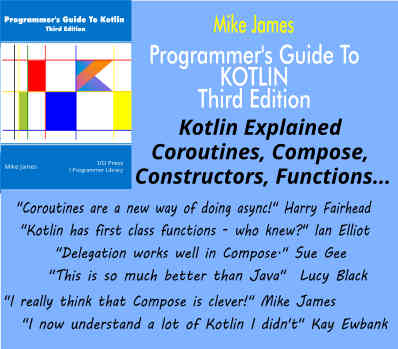| Google Announces AlloyDB To Free Users From Legacy Databases |
| Written by Kay Ewbank | |||
| Thursday, 12 May 2022 | |||
|
Google has announced a preview of AlloyDB for PostgreSQL at Google I/O. The announcement describes the fully-managed, PostgreSQL-compatible database service as providing a powerful option for modernizing the most demanding enterprise database workloads. Andi Gutmans.GM and VP of Engineering for Databases at Google Cloud said that compared with standard PostgreSQL, in Google's performance tests, AlloyDB was more than four times faster for transactional workloads, and up to 100 times faster for analytical queries. AlloyDB was also two times faster for transactional workloads than Amazon’s comparable service.
 Google recently added Oracle-to-PostgreSQL schema conversion and data replication capabilities to their Database Migration Service, along with a new Database Migration Program designed to help customers move to the cloud with both tooling and "incentive funding".
AlloyDB is based on an intelligent, database-optimized storage service built specifically for PostgreSQL.
AlloyDB separates the database layer from storage, with a new intelligent storage service that is optimized for PostgreSQL. The developers say this reduces I/O bottlenecks, and allows AlloyDB to offload many database operations to the storage layer through the use of a log-processing system. The storage service itself also disaggregates compute and storage, allowing block storage to scale separately from log processing. These are the same concepts that are used at Google for services such as YouTube, Search, Maps, and Gmail.
With AlloyDB, the fully disaggregated architecture even at the storage layer means it can work as an elastic, distributed cluster that can dynamically adapt to changing workloads. Increased performance is achieved through multiple layers of caching throughout the stack, which are automatically tiered based on workload patterns.
The AlloyDB columnar engine accelerates SQL query processing of scans, joins, and aggregates by use of two components; firstly a column store that contains table data for selected columns, reorganized into a column-oriented format. This is used alongside a columnar query planner and execution engine to support use of the column store in queries. By storing data in memory, the optimized columnar format can achieve faster scans and aggregations.
 More InformationRelated ArticlesGoogle Builds Data Lake On BigQuery PostgreSQL 14 Is Here - A Look At Its Past And Future The Enduring Influence Of Postgres Postgres Pro Enterprise 13 Released PostgreSQL Is DB-Engines DBMS of the Year For 2020
To be informed about new articles on I Programmer, sign up for our weekly newsletter, subscribe to the RSS feed and follow us on Twitter, Facebook or Linkedin.
Comments
or email your comment to: comments@i-programmer.info |
|||
| Last Updated ( Thursday, 12 May 2022 ) |

